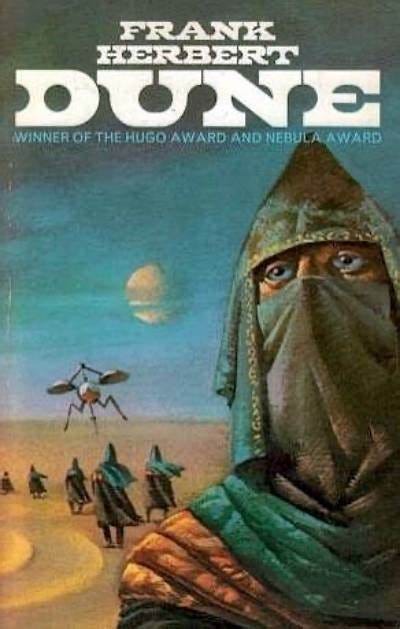On T.E. Lawrence and Dune
In a forthcoming special episode of Acton Unwind my colleagues Eric Kohn, Daniel Baas, Dylan Pahman and I discuss Denis Villeneuve’s Dune: Part Two.
I have many quibbles about it which I bring up in the episode but overall, it’s a really excellent film. David Lynch’s Dune is the superior adaptation of the novel but even in its most accessible form, Spice Driver’s Fan Edit, it does not have as broad an appeal as Villeneuve’s two films. As David Lynch says Maharishi says:
Those who don’t know
They don’t know
Those who know
They enjoy
In preparing for the podcast episode, I revisited T.E. Lawrence’s Seven Pillars of Wisdom his memoirs of his time as a military advisor of Bedouin forces during the Arab Revolt from 1916 to 1918. I’m not sure if Frank Herbert ever acknowledged or discussed any influence it had on his novel Dune, but both style and content are remarkably resonant with each other.
The tensions and paradoxes of Lawrence’s relationship with the Arabs during the revolt in the desert are strikingly similar to Paul’s with the Fremen in the novel:
A man who gives himself to be a possession of aliens leads a Yahoo life, having bartered his soul to a brute-master. He is not of them. He may stand against them, persuade himself of a mission, batter and twist them into something which they, of their own accord, would not have been. Then he is exploiting his old environment to press them out of theirs. Or, after my model, he may imitate them so well that they spuriously imitate him back again. Then he is giving away his own environment: pretending to theirs; and pretences are hollow, worthless things. In neither case does he do a thing of himself, nor a thing so clean as to be his own (without thought of conversion), letting them take what action or reaction they please from the silent example.
In my case, the effort for these years to live in the dress of Arabs, and to imitate their mental foundation, quitted me of my English self, and let me look at the West and its conventions with new eyes: they destroyed it all for me. At the same time I could not sincerely take on the Arab skin: it was an affectation only. Easily was a man made an infidel, but hardly might he be converted to another faith. I had dropped one form and not taken on the other, and was become like Mohammed’s coffin in our legend, with a resultant feeling of intense loneliness in life, and a contempt, not for other men, but for all they do. Such detachment came at times to a man exhausted by prolonged physical effort and isolation. His body plodded on mechanically, while his reasonable mind left him, and from without looked down critically on him, wondering what that futile lumber did and why. Sometimes these selves would converse in the void; and then madness was very near, as I believe it would be near the man who could see things through the veils at once of two customs, two educations, two environments.
So much of Herbert’s genius involves seeing through many veils at once and laying a narrative path for his readers to see along with him.


